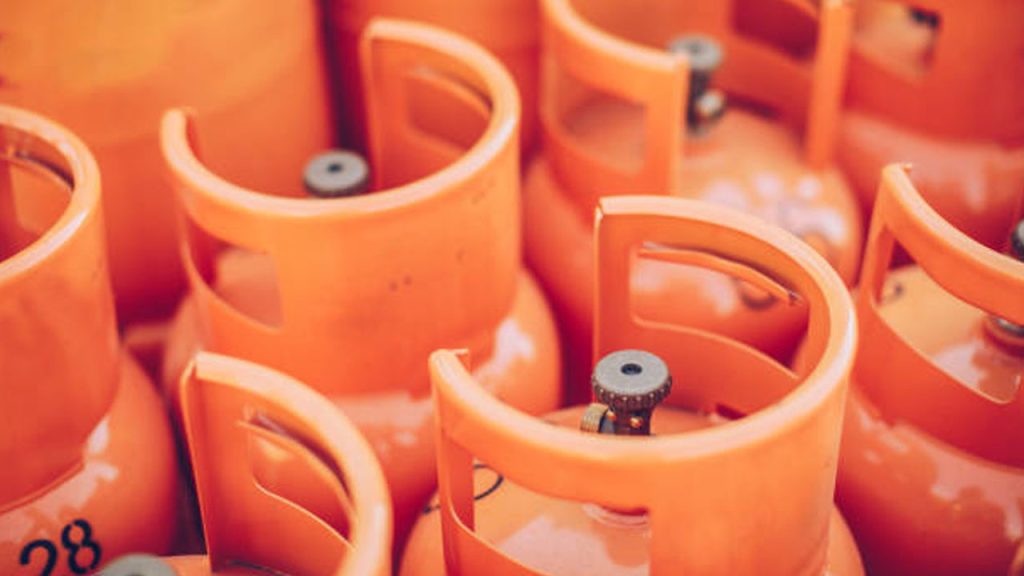Residents of Abuja are lamenting the growing scarcity and high cost of Liquefied Petroleum Gas (LPG), popularly known as cooking gas, as prices continue to rise sharply across the country. The situation has left many households struggling to afford gas for daily cooking.
In the past few weeks, the price of cooking gas has skyrocketed, selling between ₦1,200 and ₦2,000 per kilogramme in Abuja, Lagos, and other parts of Nigeria. For Abuja residents in areas such as Kubwa, Lugbe, Nyanya, and Dutse, the cost of refilling a 12.5kg cylinder now ranges from ₦15,000 to ₦25,000, depending on the vendor and location.
While some filling stations like NNPCL, NIPCO, and AYM Shafa Energy sell gas at ₦1,200 per kg, most independent marketers charge up to ₦2,000 per kg. A DAILY POST survey revealed that only a few stations were dispensing the product as of Saturday, October 18, 2025. Depot checks also showed that NAVGAS, Matrix, NIPCO, and Shafa Energy were selling 20 metric tonnes at around ₦18,500 as of Sunday, October 19, 2025.
Residents have expressed frustration over the scarcity. Bello Abdullahi, a Kubwa resident, said, “It is frustrating. I carried my cylinder all around on Saturday before I finally bought at ₦2,000 per kg.” Similarly, Rita Nwagwu from Dutse noted that despite high prices, many vendors had no gas in stock. “I went round on a bike and finally got gas at Zone 6 for ₦2,000 per kg,” she said.
Experts have linked the shortage and price hike to several factors, including the recent PENGASSAN strike against Dangote Refinery, maintenance work at the NLNG Train 4 facility, and supply disruptions caused by Dangote’s entrance into the LPG market. The Minister of State for Petroleum Resources (Gas), Ekperikpe Ekpo, earlier promised to take action against marketers hoarding gas, but residents say the situation remains unchanged.
For now, the scarcity continues to bite hard across Abuja and other major cities, leaving many Nigerians calling for urgent government intervention to stabilize supply and reduce prices.







